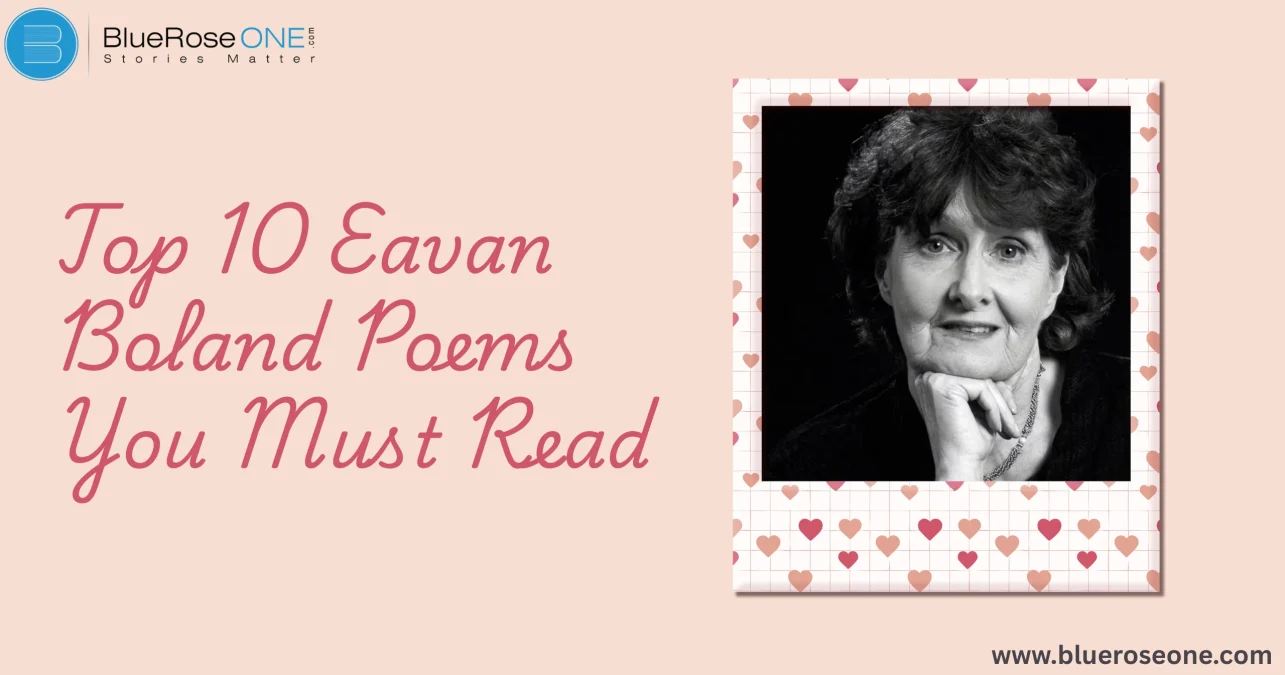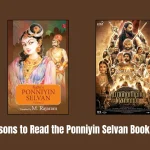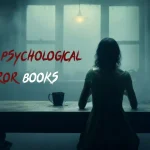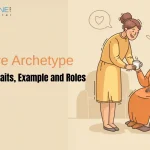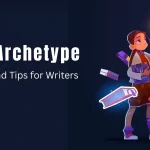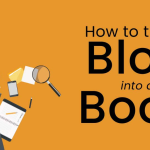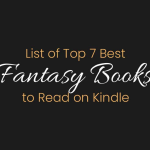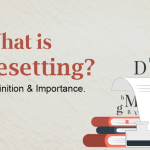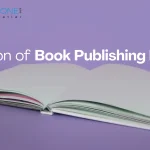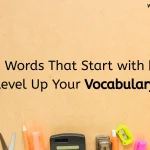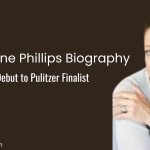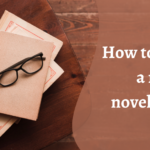If you’ve ever found yourself caught between history and home, myth and motherhood, or power and poetry, you need to read Eavan Boland. A revolutionary Irish poet, Boland gave voice to women’s experiences in a literary landscape long dominated by male perspectives. Her poems are haunting, lyrical, and deeply intimate like whispers from the past that echo in the present.
So, where do you start? Right here with these ten eaven boland must-read poems.
1. “The Pomegranate”
In “The Pomegranate,” Boland resurrects the ancient Greek narrative of Persephone and Demeter. However, the story here is about more than just gods and underworlds; it is about mothers and daughters, love, and letting go.
This poem is real and relatable. It portrays the agony of watching a child grow up and forge her own path even if it entails suffering. Boland demonstrates how ancient legends still exist within us.
2. “Quarantine”
Quarantine is one of Eavan Boland’s most dramatic and sad poems, demonstrating her great interest in Irish history and human suffering. Set during the Irish Famine, the poem relates the terrible story of a couple who die in each other’s arms after being turned down for relief.
Boland’s austere, restrained language depicts the devastation of poverty as well as love’s abiding existence even in death. “Quarantine” is a monument to humanity, remembrance, and the quiet tragedies of the downtrodden, ranking among her most unforgettable works.
You may also read: Top 15 Best Post Apocalyptic Books You Must Read in [2025 Update]
3. “This Moment”
Eavan Boland’s poetry This Moment is peaceful and evocative, capturing the tranquility and expectation of a summer evening in a suburban neighborhood. Boland infuses a commonplace moment of a mother watching her child run outside with a sense of awe and transformation, using vivid images and simple words.
The poem delves into issues of motherhood, time, and transitory beauty, demonstrating Boland’s talent for lifting domestic life into lyrical poetry. This Moment stands out among her works due to its simplicity and emotional depth.
4. The Was Horse
The War Horse is one of Eavan Boland’s most intriguing early poems, which explores the connection of personal life and political violence in Ireland. Boland uses the image of a stray horse straying into a suburban area to discreetly explore issues of nationalism, memory, and the illusion of safety.
The horse’s gentle destruction of gardens and fences becomes a metaphor for Ireland’s past conflicts, demonstrating how violence can infiltrate even the most mundane areas. With strong imagery and restrained passion, the poem exemplifies Boland’s signature style of combining personal experience with national identity.
You may also like: Pulitzer Prize Fiction Winners by Year: A Complete List
5. The Shadow Doll
The Shadow Doll is one of Eavan Boland’s most moving depictions of gender, tradition, and restriction. The poem, centered on a preserved bridal trousseau doll, reflects on women’s traditionally passive role in marriage.
Boland’s doll serves as a frightening metaphor for suppressed femininity and the cultural demands placed on brides. With precise language and beautiful imagery, she criticizes the historical erasure of women’s voices, creating The Shadow Doll, a strong statement on gender roles and independence.
6. “Atlantis – A Lost Sonnet”
Eavan Boland’s Atlantis – A Lost Sonnet is a moving meditation on memory, grief, and the fragile nature of language. In this poem, Boland reimagines the fabled Atlantis as a metaphor for a lost past, something beautiful but unattainable.
The sonnet explores the conflict between what is remembered and what is lost, demonstrating her command of form and emotion. Boland writes with lyrical precision about the fading of personal and cultural history, challenging readers to consider the cost of forgetting and the ability of poetry to maintain. It’s a somber and intriguing piece that explores her distinctive themes.
You may also like: Where Was the First Printing Press Created? | BlueRoseOne
7. “Anorexic”
Eavan Boland examines the harmful connection between a woman’s body and conventional standards of attractiveness in Anorexic. The poem transforms the body into a battlefield of identity and control by using vivid, visceral imagery to portray the speaker’s internal conflict and physical self-denial.
Boland criticizes how women may develop hatred against their own bodies as a result of patriarchal influences. Anorexic is a haunting and potent poetry that is particularly honest and emotionally packed.
8. “Night Feed”
Night Feed by Eavan Boland is a quiet yet powerful portrayal of motherhood, capturing the intimate bond between a mother and her infant during a nocturnal feeding. Written in simple, lyrical language, the poem reflects the exhaustion, tenderness, and awe of new motherhood.
Boland elevates a domestic moment into a profound meditation on life, identity, and womanhood. “Night Feed” exemplifies her strength in blending the personal with the poetic, making everyday experiences deeply resonant and universal.
You may also like: What Is Demonology? Origins, Beliefs & Modern Interpretation
9. “Love”
Eavan Boland’s poetry Love is a melancholy reflection on memory, grief, and the strength of profound emotional relationships. Set against the backdrop of a previous sickness, the poem recalls a period of vulnerability and closeness between the speaker and her spouse.
With legendary connotations that reference Orpheus and Eurydice, Boland investigates how love endures despite suffering, even as memory fades.
Love, which is rich in lyrical imagery and emotional depth, exemplifies Boland’s ability to merge the personal and the universal, making it one of her most powerful and memorable works.
10. “Object Lessons”
Eavan Boland’s poem Object Lessons is a remarkable exploration of the junction between human memory and larger historical narratives. Boland explores early discovery moments through vivid imagery and quiet meditation, focusing on how language and objects convey hidden meanings.
The poem expertly blends the domestic with the mythic, demonstrating how everyday objects may serve as strong metaphors for identity, gender, and cultural heritage. “Object Lessons” is required reading due to its complex storytelling and emotional depth.
You may also like: The Mighty Red by Louise Erdrich – Book Review
Conclusion
Eavan Boland wasn’t just a poet. She was a voice for the unheard, a bridge between myth and reality, and a fierce advocate for women in literature. Her poems speak softly, but they hit hard like truths you’ve always known but never found the words to say. Whether you’re new to poetry or a lifelong lover, Boland’s work offers something rare: poetry that is personal, political, and profoundly human.
Start with these ten. But don’t stop there. Her world is worth exploring.

